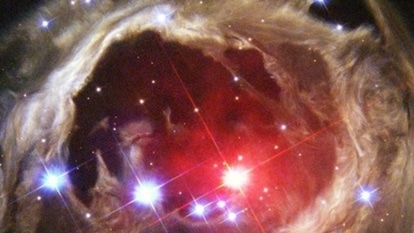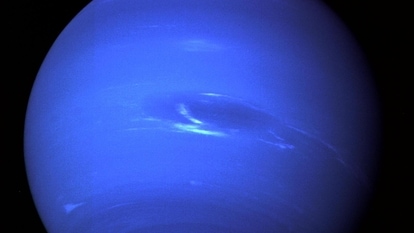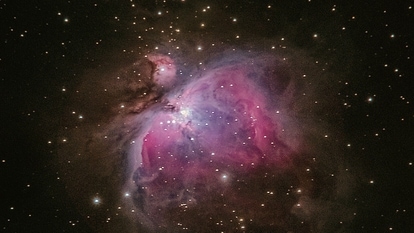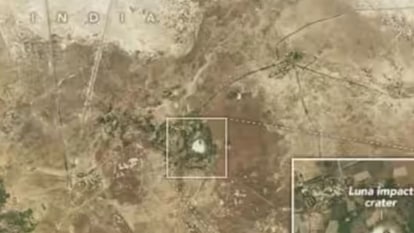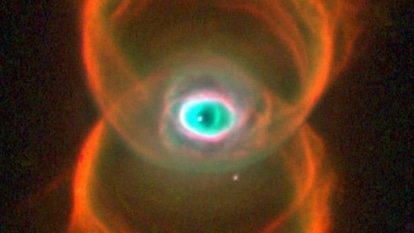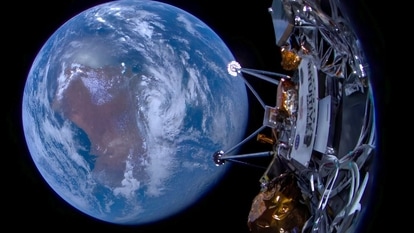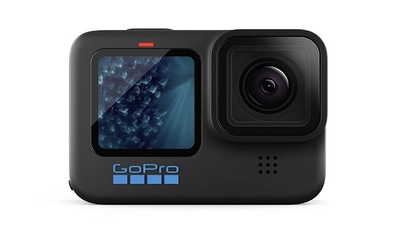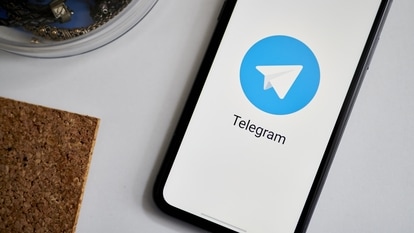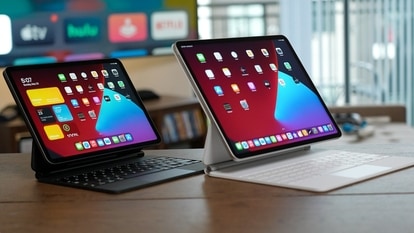G2-class solar storm HAMMERS the Earth; Blackouts to haunt Arctic Circle entire week
The solar storm that struck the Earth yesterday, March 16, was found to peak at G2-class. Due to intense solar storm activity, the Arctic region is expected to experience radio blackouts for the rest of the week.
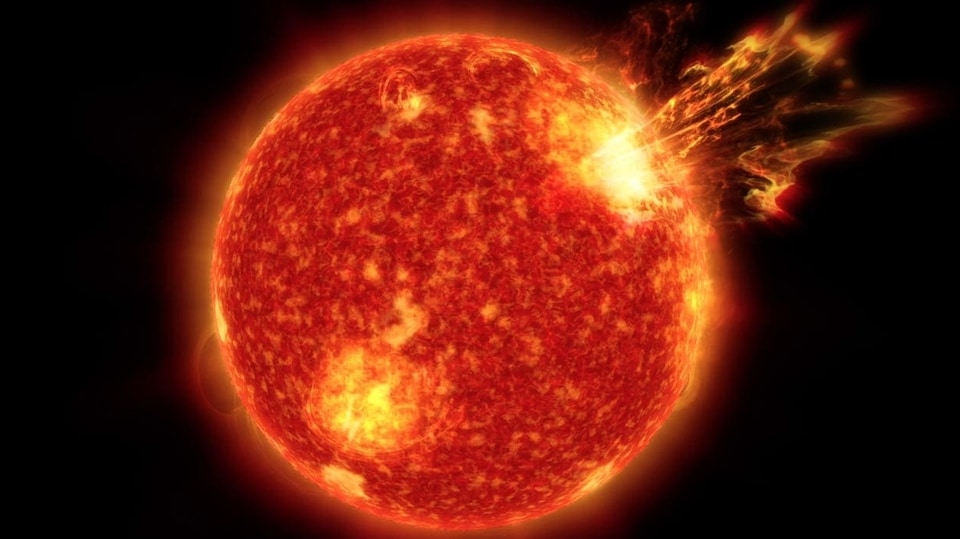
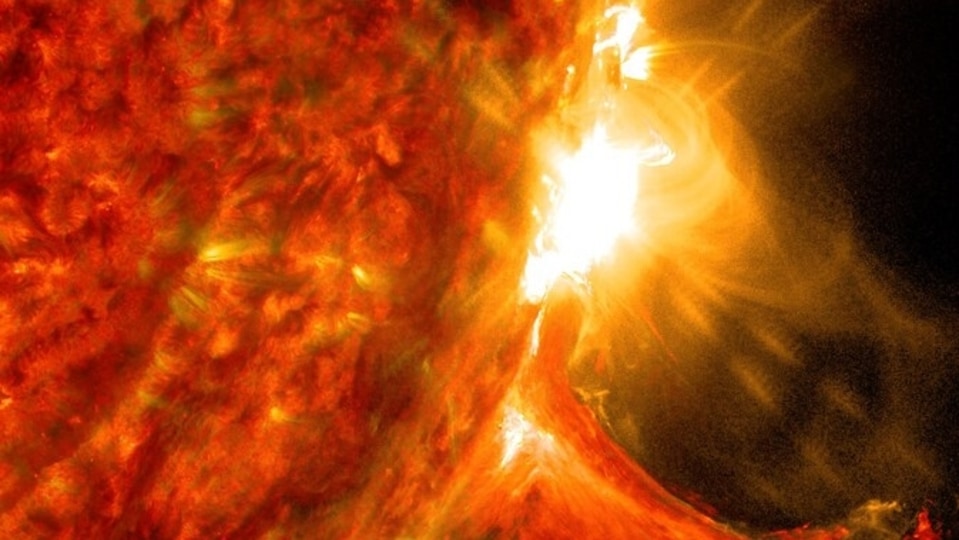
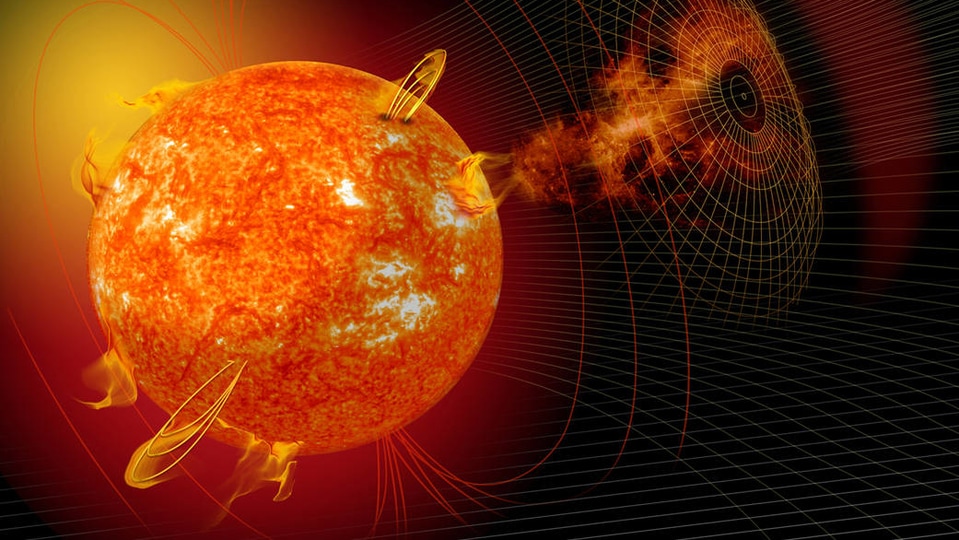
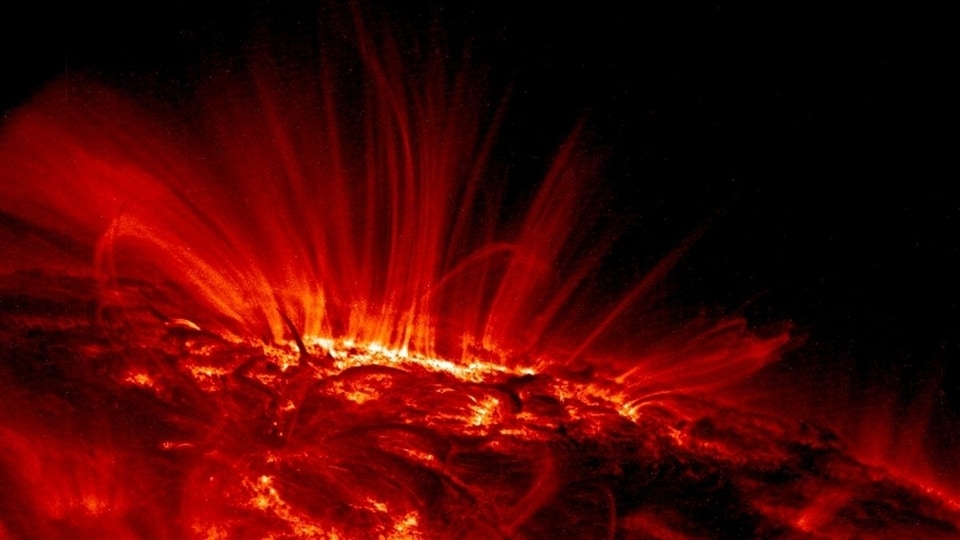
_1639373804152_1639373815879.jpg)
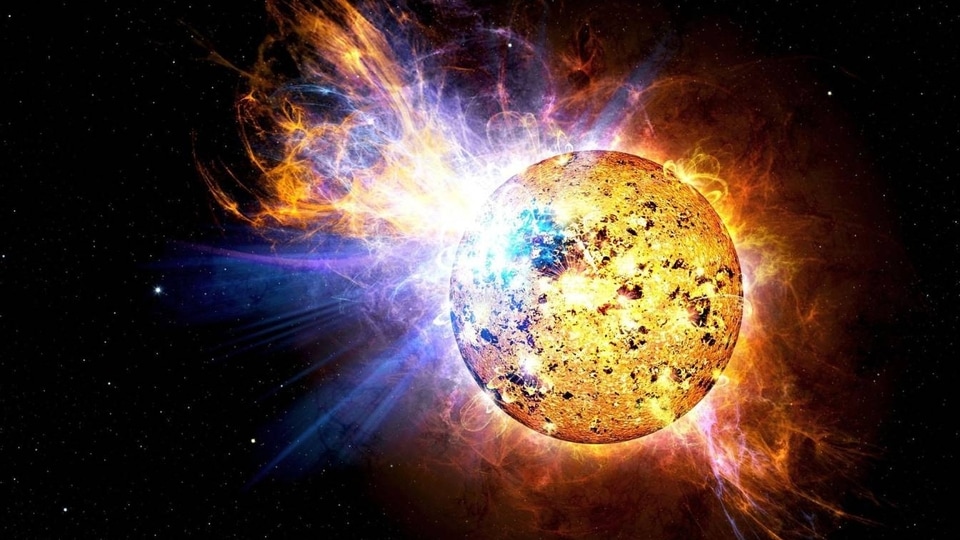
 View all Images
View all ImagesYesterday, it was reported that powerful bursts of coronal mass ejection (CME) clouds were released during a farside explosion on the Sun and some of it were deflected towards our planet due to shock waves. The resultant solar storm was found to peak at G2-class, which is considered a powerful event. The highly charged particles have ionized the atmosphere around the Arctic Circle and have caused a shortwave radio blackout condition. Check details.
The incident was reported by SpaceWeather.com which noted in its website, “Earth's magnetic field is storming again as our planet passes through the wake of a CME that struck during the early hours of March 15th…Storm levels are currently flickering between category G1 and G2”.
The report also mentioned that a rare polar cap absorption event was also taking place due to the solar storm. “Don't try to use a shortwave radio inside the Arctic Circle this week. It might not work. A deep polar cap absorption (PCA) event is in progress…Frequencies below 15 MHz are almost completely blacked out, while anything below 35 MHz is being attenuated, at least a little”.
Solar storm strikes Earth, causes blackouts in polar region
For the unaware, a polar cap absorption event results from the ionization of the D-layer of the polar ionosphere by high energy protons. These protons were brought through the highly charged CME particles. As a result, this ionized atmosphere blocks out shortwave radio frequencies, making communication impossible.
Luckily, the explosion on the Sun took place on the farside because what the Earth is experiencing currently is merely a fraction of the impact it would have suffered if the eruption was Earth-directed. However, it is too early to celebrate. The two regions being considered responsible for this terrifying event will face the Earth in the next seven days. And another such explosion is not beyond the realms of possibility.
Such a powerful solar storm can potentially damage satellites, break down mobile networks and internet services, cause power grid failures and corrupt sensitive ground-based electronics.
Catch all the Latest Tech News, Mobile News, Laptop News, Gaming news, Wearables News , How To News, also keep up with us on Whatsapp channel,Twitter, Facebook, Google News, and Instagram. For our latest videos, subscribe to our YouTube channel.



